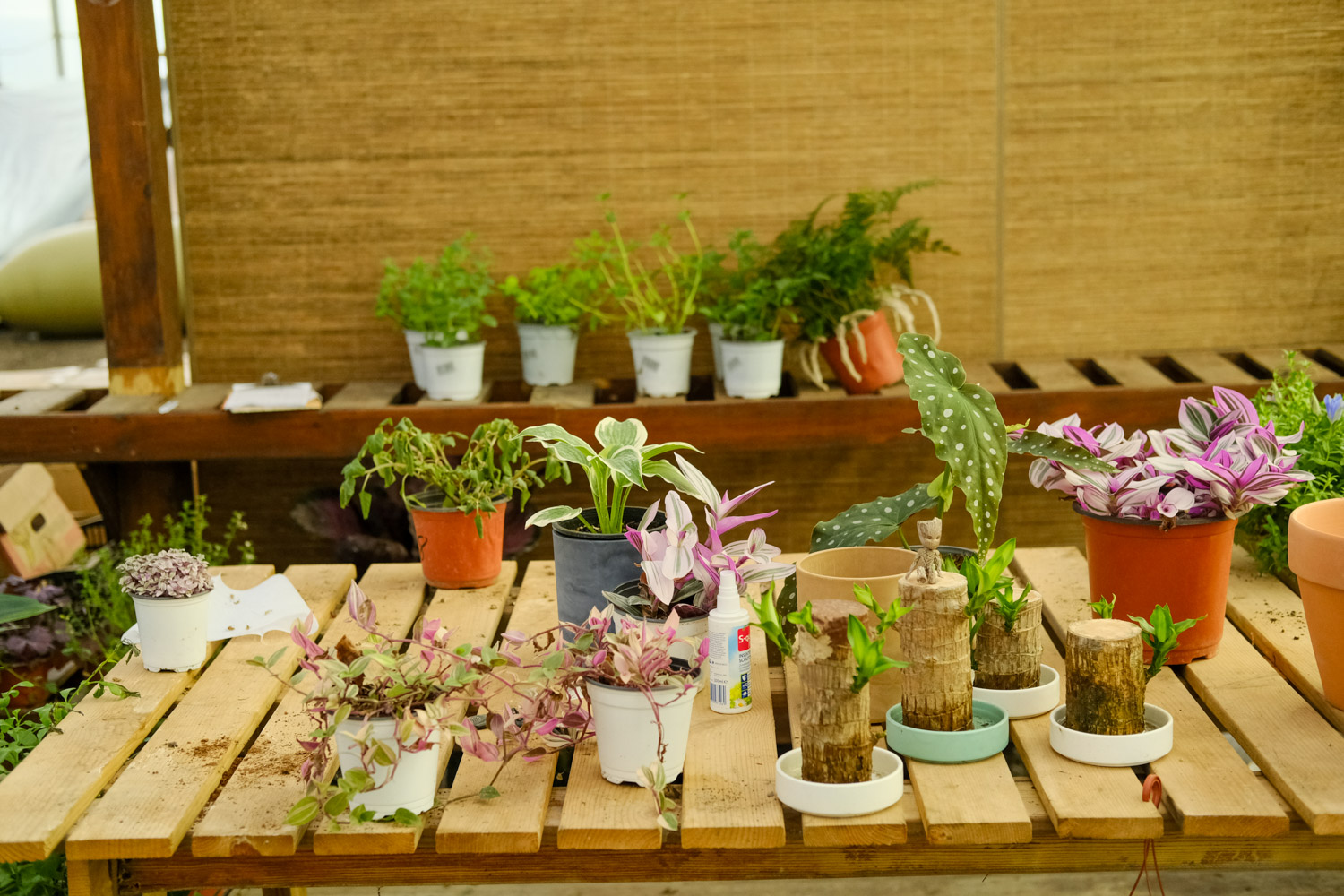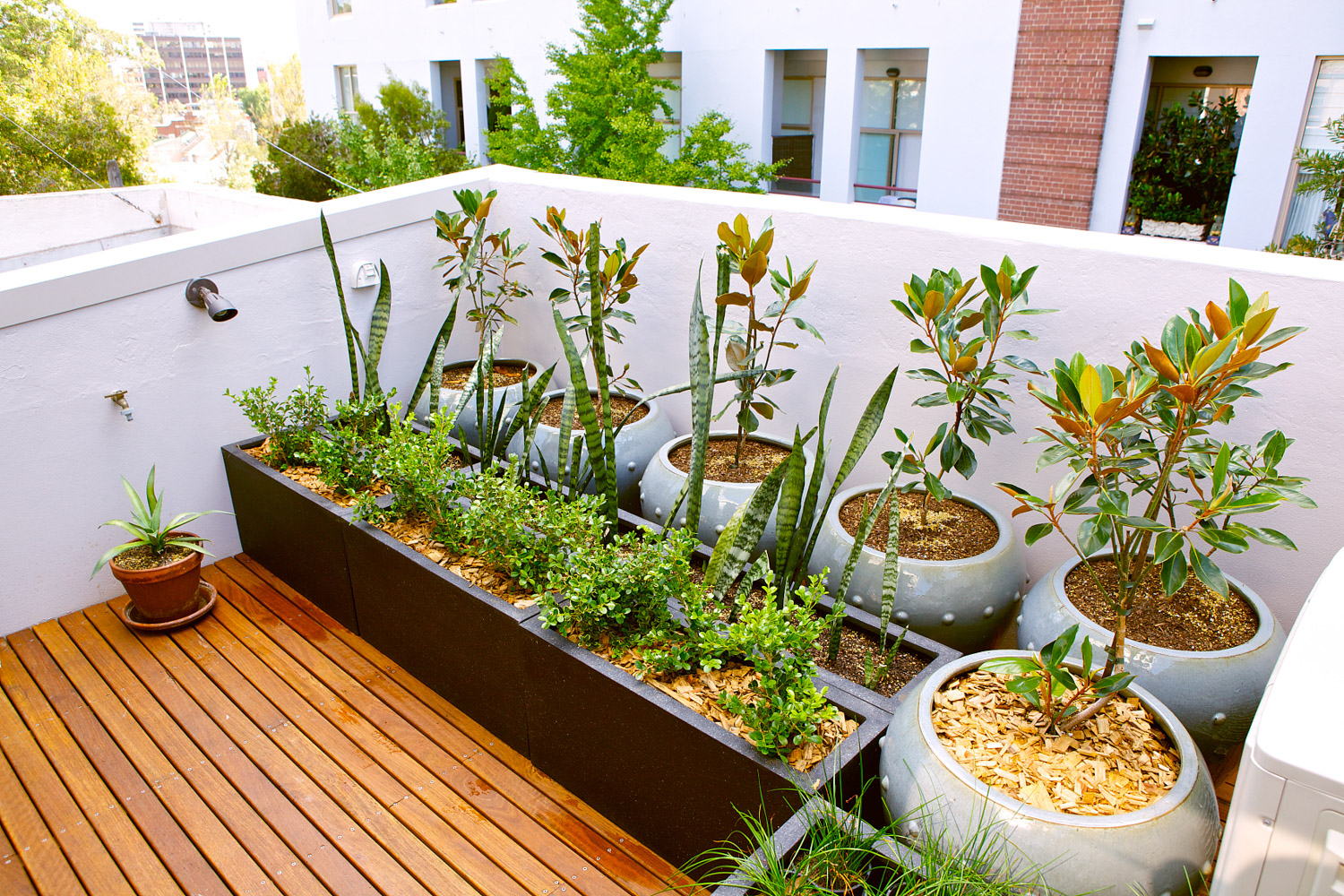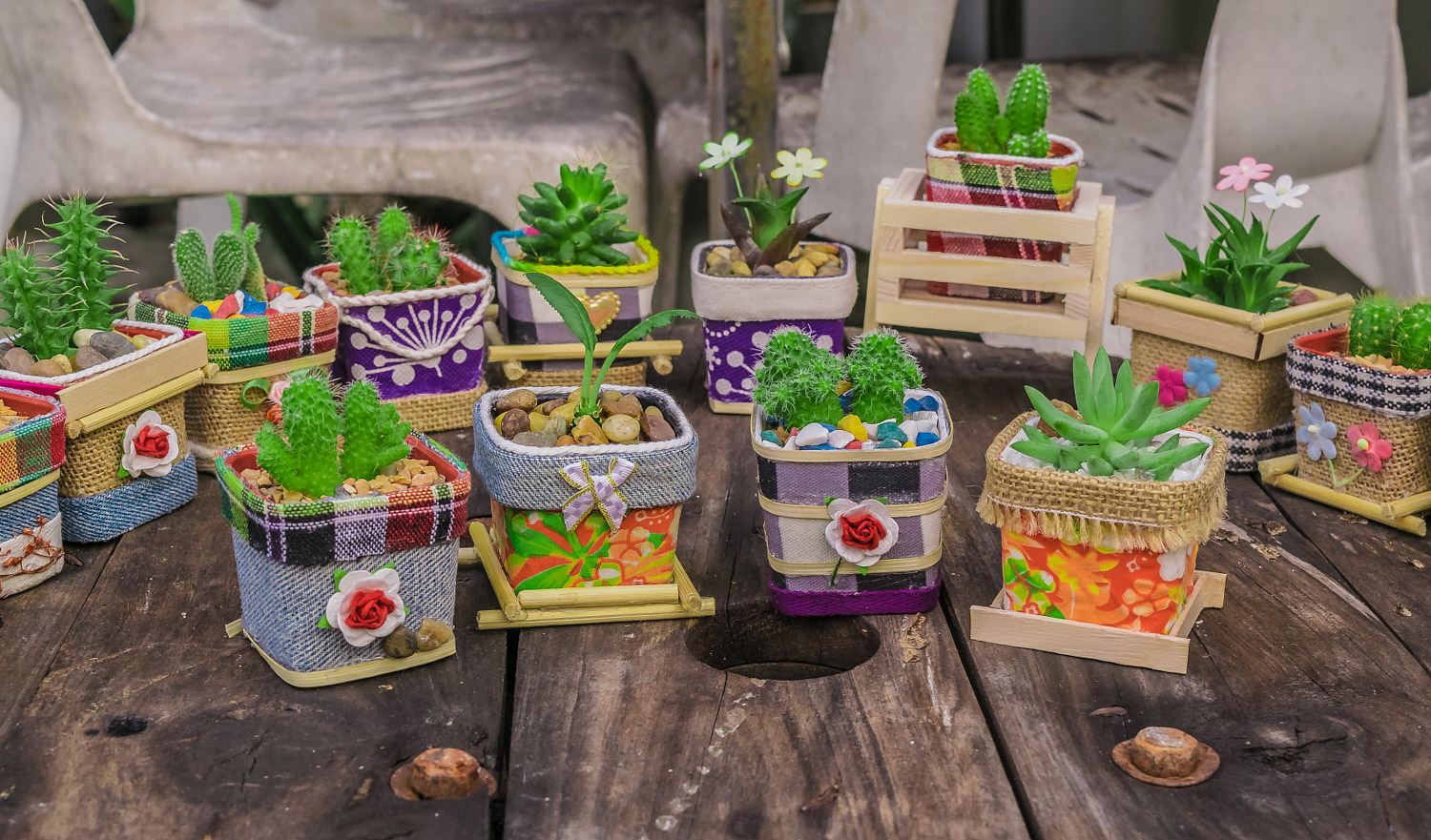1、 Curing method
1. Soil: katu red sword likes to grow in loose and fertile soil. The best soil for planting is sandy soil

2. Moisture: its demand for water is very low, so it is not suitable to water too much and enough. It is suitable for growing in moist soil. When watering, spray some water appropriately
3. Nutrient: phosphate fertilizer is generally used as fertilizer, and fertilizer should be far away from its roots as far as possible to avoid the heat of fertilizer from burning its roots

4. Light: katu red sword likes to grow in astigmatism, and half sunshine is the best. The light should not be too strong. Too strong light will fade and dry its branches and leaves, affecting its normal growth
2、 Breeding skills
1. Pruning: when the branches and leaves are withered, yellow and curly, they should be pruned properly. When there are weeds in the basin, they should also be removed in time to avoid competing with the plants for nutrients
2. Change basin: when planting for about a year, because it continues to grow, the roots will grow more roots. At this time, it is necessary to replace a larger basin and add more soil

3、 Diagnosis and treatment problems
1. Rotten roots: rotten roots are mainly caused by too much water for irrigation and water storage in the basin. The stored water should be drained in time and its rotten roots should be cut off
2. Discoloration: the red color in the middle of katu red sword will become non red after breeding for a period of time. This is because its flowering period has passed and it has begun to decolorize. Don't worry. It will slowly become the first red after a period of time

4、 Other issues
1. How to spend the winter: when the cold air comes, it should be moved indoors. The indoor temperature should not be lower than 16 degrees Celsius, so that it can better spend the winter safely
2. Whether it can rain: katu red sword can rain, especially in the muggy environment. Rain can pour water droplets on its leaf center to keep the leaf center moist, which can better promote the leaf center to absorb water


 jackfruit
jackfruit snake plant
snake plant hibiscus
hibiscus hydrangea
hydrangea lavender
lavender Green roses climb al...
Green roses climb al... If you don't pay att...
If you don't pay att... Management of four g...
Management of four g...


































